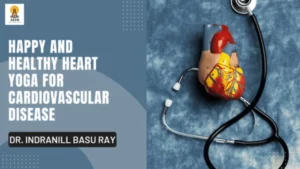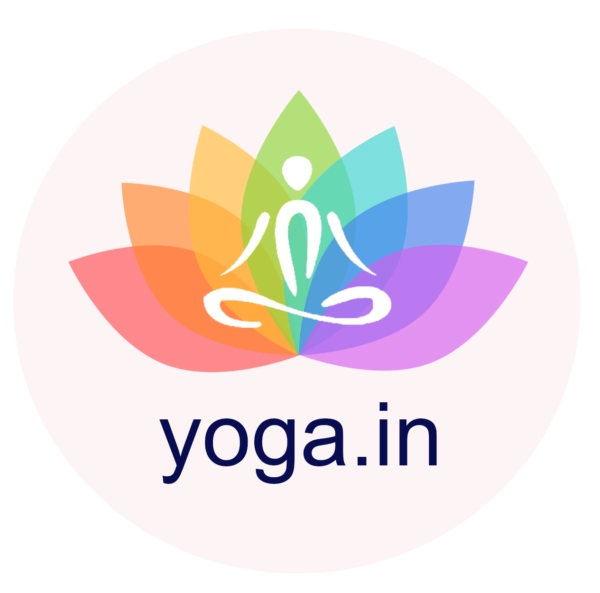Support Cardiovascular Disease

What is the Support Cardiovascular Disease Course?
This course is designed for health professionals and yoga therapists aiming to enhance cardiac care through yoga. Participants will learn how yoga can reduce hypertension, stress, and other cardiovascular risk factors.
The course blends theory and practice, teaching participants to integrate yoga-based interventions into cardiac rehabilitation programs. By understanding the therapeutic benefits of yoga for heart health, practitioners can offer comprehensive, holistic care to those with heart conditions.
Key Benefits of Yoga for Cardiovascular Support:
- Risk Reduction: Learn yoga techniques that help reduce the risk of heart disease.
- Stress Management: Discover practices that lower stress and improve heart health.
- Cardiac Rehabilitation: Support recovery and rehabilitation with targeted yoga interventions.
- Holistic Care: Provide comprehensive care through a combination of yoga and traditional therapies.
Course Content Overview:
Yoga and Heart Health
Understand the connection between yoga practices and cardiovascular health.
Reducing Cardiovascular Risks
Learn yoga techniques that target risk factors such as hypertension and stress.
Yoga in Cardiac Rehabilitation
Explore how yoga can support recovery and rehabilitation for heart patients.
Practical Application and Case Studies
Review case studies to understand the practical application of yoga in cardiac care.
Step-by-Step Guide to a Yoga Practice for Cardiovascular Support
Preparation:
- Choose a calm, quiet space with enough room for movement.
- Ensure the patient has consulted with their healthcare provider.
Yoga Sequence:
- Start with gentle warm-up exercises to prepare the body.
- Perform specific yoga postures that support cardiovascular function and rehabilitation.
Breathing Exercises:
- Incorporate pranayama techniques that promote relaxation and reduce blood pressure.
- Focus on deep, slow breathing to calm the nervous system.
Cool Down:
- Finish with gentle stretching and relaxation poses to cool down the body.
- Practice guided meditation to reduce stress and support heart health.
Aftercare:
- Monitor the patient’s heart rate and blood pressure before and after the session.
- Encourage regular practice for sustained benefits.
Tips:
- Adjust the intensity of the yoga practice based on the patient’s condition and fitness level.
- Collaborate with other healthcare providers for a holistic approach to cardiac care.
Enhance cardiac care and support cardiovascular health through our specialized yoga course.
